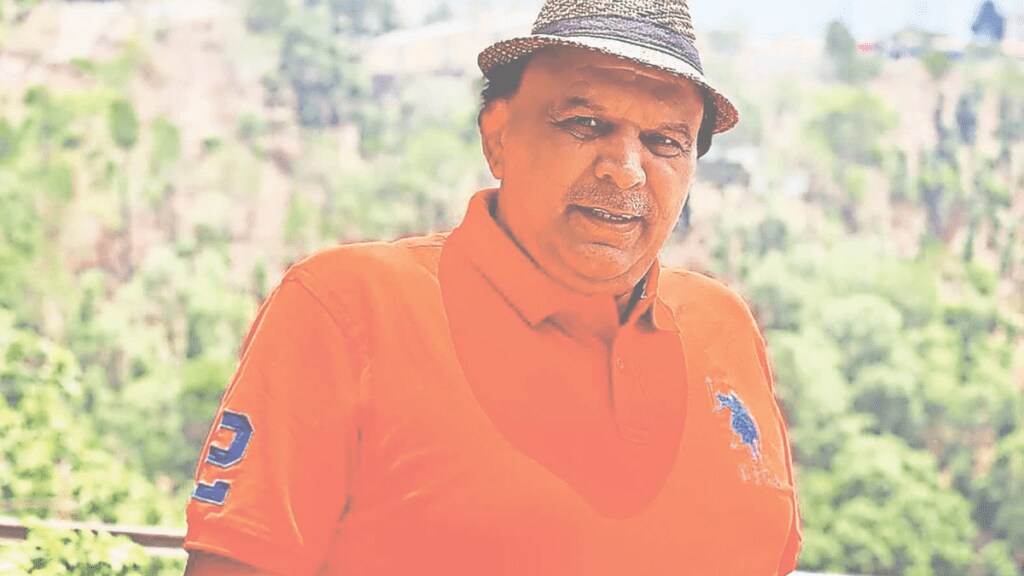Satpal Singh, also known as Guru Satpal among his students, is the man behind Chhatrasal Akhada, an institution that he founded with Ramphal Mann, aka Guru Ramphal, and Pradeep Sharma on the premises of Chhatrasal Stadium in Delhi in 1988. Later joined by fellow coach Virender Singh in running the akhada, the 69-year-old Padma Bhushan awardee is better known for coaching Sushil Kumar and Ravi Kumar Dahiya, who won Olympic medals for the country in Beijing 2008 and Tokyo 2020, respectively. A former wrestler—he was a gold medalist in the 1982 Asian Games and a bronze medalist in the 1974 Asian Games— Singh talks about the importance of guru-shishya tradition, India’s wrestling medal tally, government support, Chhatrasal’s journey so far, and more, in an interview with Rewati Karan. Edited excerpts:
How do you look at Chhatrasal’s journey since its inception?
I wanted to bring an Olympic medal for my guru Hanuman ji (Vijay Pal Yadav), for which I did not accept a Rajya Sabha nomination by then PM Rajiv Gandhi. I just asked him to help me get appointed as a deputy director in the education department of the Delhi government in 1983. From just five-six students initially—with the support of my friend Ramphal Mann, later joined by Pradeep Sharma—the number eventually reached 100. Today, we have around 200 students and six Olympic medals—of a total of eight in wrestling—to our credit. I got two rooms opened in the 1990s for students to live in, but it is still running without government permission. However, medals are coming now and the government is building a hostel worth at least Rs 25 crore for the wrestlers.
How has the government’s support been?
The government had given me complete freedom to run the akhada. Former Delhi CM Sheila Dikshit would tell me to do whatever I thought was right to win medals. I would make her meet young Sushil and Yogeshwar then and say they had the potential to win Olympic medals. She would leave everything else amid her work and give them blessings. The present government has provided a lot of money for training. The education department has been immensely helpful. I am lucky to be a part of the change and achieve what I had dreamt for the akhada. I had just one self-interest—Olympic medal.
How important is the guru-shishya tradition?
The guru-shishya tradition is very important for inculcating discipline in the students. I’m known to be a strict coach. My students respect me even to this day. If the guru is good, the team is good, and results yield. I remember telling Sushil and Yogeshwar’s parents to not let them join CRPF and I took care to help them get another job. I am proud that their parents listened to me. They won Olympic medals and changed the direction of Indian wrestling.
How many more akhadas like Chhatrasal are required to improve India’s wrestling medal tally?
Why only one Chhatrasal? There should be many more institutions, all better than Chhatrasal. All it requires is to take responsibility, just like I did for Chhatrasal. Akhadas need to toil hard, and the Wrestling Federation of India should take responsibility and ensure more support to the akhadas. It’s the federation’s job to appoint permanent coaches and hold them accountable to understand why the medals are not coming. I took the risk on my shoulders and ran the akhada without permission. There was resistance from officials too. If any mishap would have happened, it would have been my responsibility. I implore all the akhadas and coaches in the country to work hard with a single goal—to win a gold medal in 2028. If they need any help from Aman (Sehrawat) or me, we are there to support them.


